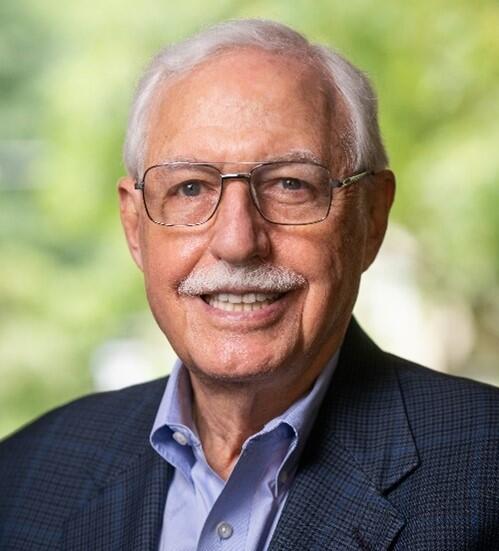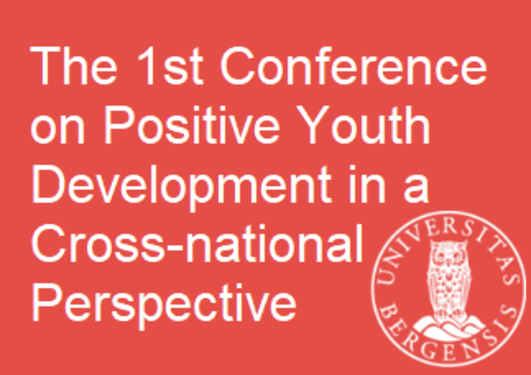Keynote speaker: Richard M. Lerner
Main content
About Richard M. Lerner
Richard M. Lerner is the Bergstrom Chair in Applied Developmental Science and the Director of the Institute for Applied Research in Youth Development at Tufts University. A 1971 Ph.D. in developmental psychology from the City University of New York, Lerner has more than 750 scholarly publications, including more than 80 authored or edited books. He was the founding editor of the Journal of Research on Adolescence and of Applied Developmental Science. He was a 1980-81 fellow at the Center for Advanced Study in the Behavioral Sciences and is a fellow of the American Association for the Advancement of Science, the American Psychological Association (APA), and the Association for Psychological Science (APS). He is the 2013 recipient of the APA Division 7 Urie Bronfenbrenner Award for Lifetime Contribution to Developmental Psychology in the Service of Science and Society. He is also the 2014 recipient of the APA Gold Medal for Life Achievement in the Application of Psychology and the 2015 recipient of the APA Division 1 Ernest R. Hilgard Lifetime Achievement Award for distinguished career contributions to general psychology. He is also the 2016 recipient of the International Society for the Study of Behavioral Development (ISSBD) Award for the Applications of Behavioral Development Theory and Research, and of the 2017 Society for Research in Child Development (SRCD) Distinguished Contributions to Public Policy and Practice in Child Development Award. The APS named him the 2020 James McKeen Cattell Fellow Award winner for lifetime outstanding contributions to applied psychological research. In 2021, the Society for the Study of Human Development gave Lerner its Distinguished Lifetime Career Award. Lerner is known for his theoretical work on the mutually influential relations between individuals and their settings, as the fundamental basis of life-span human development, and for his use of this approach to developmental theory to describe, explain, and optimize the relations between adolescents and their peers, families, schools, and communities. His work integrates the study of family, school, and community-based programs in the promotion of positive youth development and youth contributions to civil society.

